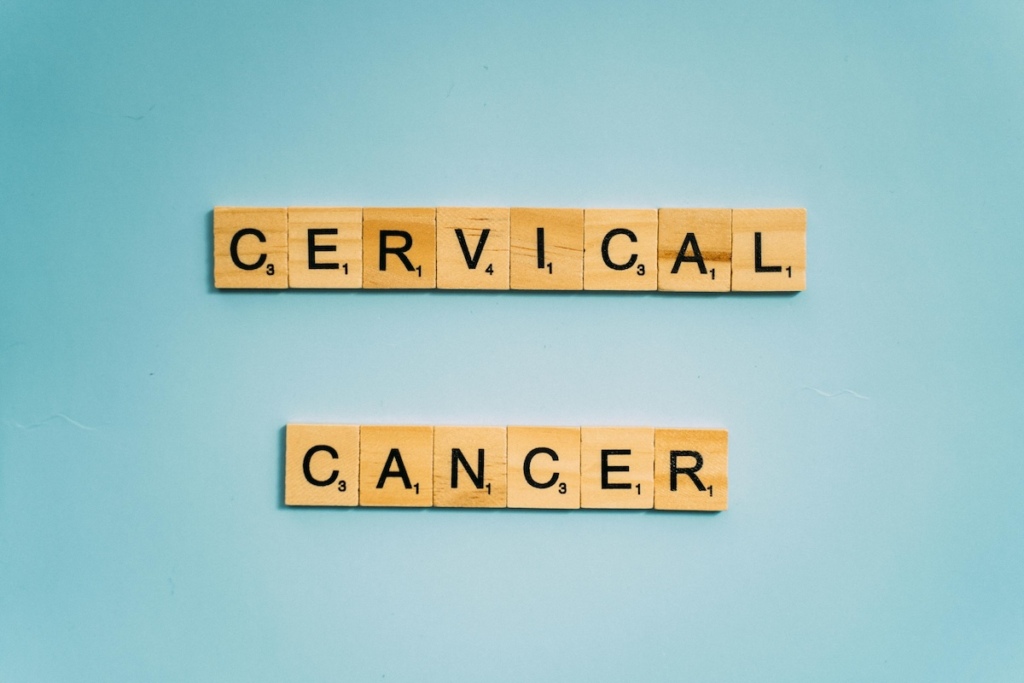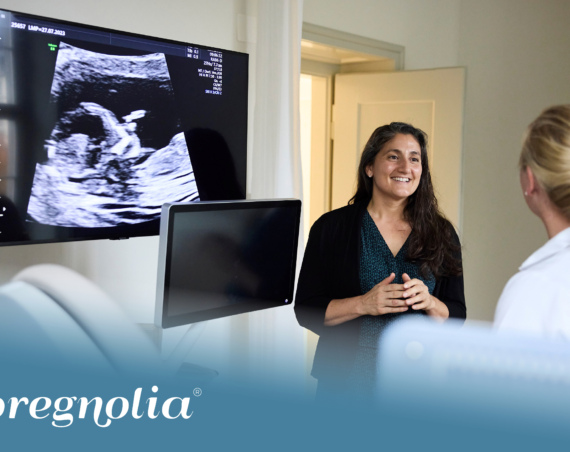
In a significant advancement for women’s health, both BD (Becton, Dickinson and Company) and Roche have announced FDA approvals for their respective self-collection solutions for human papillomavirus (HPV) testing, aiming to improve access and participation in cervical cancer screening.
BD’s FDA approval allows women to self-collect vaginal specimens for HPV testing when traditional cervical specimens are not obtainable. This self-collection can be performed in various healthcare settings, including non-traditional locations like retail pharmacies or mobile clinics. BD’s Onclarity HPV Assay, which is FDA-approved for HPV primary testing without the need for a traditional Pap smear, is now enhanced with this new approval, making it easier for women to get tested.
“Many patients are uncomfortable with the intimate nature of a pelvic exam,” said Dr. Jeff Andrews, Vice President of Global Medical Affairs for Diagnostic Solutions at BD. “The option to self-collect in a clinical setting can help women overcome some of these barriers.”
Cervical cancer, caused primarily by HPV, remains a preventable disease if detected early. However, approximately 50% of cervical cancer diagnoses are in individuals who have never been screened, and 25% of women in the U.S. do not receive regular cervical cancer screenings. Factors contributing to inadequate screening include physical and geographic inaccessibility, financial insecurity, lack of awareness, social or religious preferences, physical disabilities, and histories of trauma.
Self-collection has the potential to improve screening rates, especially in underserved populations. The National Cancer Institute (NCI) is working with BD on the Cervical Cancer “Last Mile” Initiative to address disparities in cervical cancer screening. This includes the Self-collection of HPV testing to Improve Cervical Cancer Prevention (SHIP) trial, starting this summer, to evaluate the accuracy of self-collection for HPV testing in various settings, including at home.
Roche’s FDA approval for its HPV self-collection solution also marks a significant step forward. This solution allows individuals to privately collect their own vaginal sample in a healthcare setting, which is then sent to a laboratory for analysis using Roche’s cobas molecular instrument. Positive results would prompt further care with a healthcare provider.
“With vaccinations, innovative diagnostic tools, and screening programs, achieving the WHO’s goal of eliminating cervical cancer by 2030 is within reach,” said Matt Sause, CEO of Roche Diagnostics. “Our HPV self-collection solution helps support this goal by reducing barriers and providing access to HPV screening.”
More than half of U.S. cervical cancer patients are underscreened, with many never participating in routine screenings due to various barriers. Roche’s self-collection solution aims to reduce these barriers by offering an alternative to clinician-collected procedures while providing accurate and reliable results.
Roche’s cervical cancer portfolio includes the cobas HPV Test, used for primary screening and co-testing. The test detects 14 types of high-risk HPV genotypes, providing results for HPV 16, HPV 18, and 12 other high-risk pooled genotypes. The self-collection solution is approved for use with Roche’s cobas HPV test, which offers rapid and extensive results through its automated systems.
The IMPACT trial, used to validate Roche’s cervical cancer portfolio, included diverse patient segments to ensure accurate performance assessment across different populations.
Both BD and Roche’s self-collection solutions represent significant advancements in making cervical cancer screening more accessible and less invasive, potentially increasing participation rates and early detection, ultimately aiming to reduce the incidence and mortality of cervical cancer.



